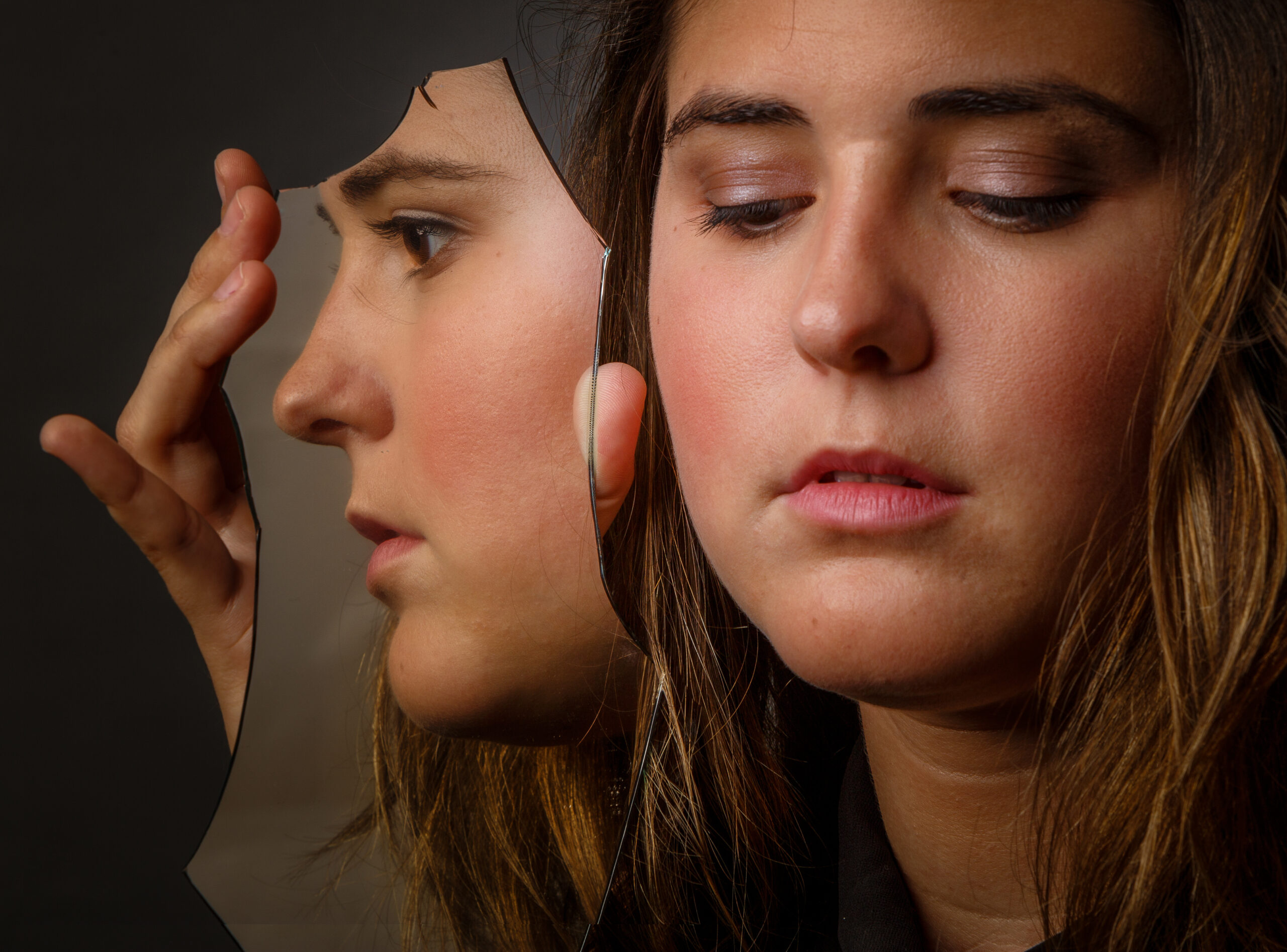Bipolar disorder is a complex mental health condition characterized by extreme mood swings, including periods of mania and depression. Unfortunately, individuals with bipolar disorder are at a higher risk of developing co-occurring substance use disorders. In this blog post, we’ll explore the connection between bipolar disorder and substance use, and how seeking dual diagnosis treatment at PMHC (Place for Mental Health Care) can provide comprehensive support for individuals struggling with both conditions.
Understanding the Connection:
The relationship between bipolar disorder and substance use is multifaceted. Some individuals with bipolar disorder may turn to drugs or alcohol as a way to self-medicate and alleviate symptoms of depression or mania. Substance use can temporarily numb emotional pain or enhance feelings of euphoria, providing a temporary escape from the challenges of living with bipolar disorder. However, substance use can exacerbate mood swings, trigger episodes of mania or depression, and interfere with the effectiveness of bipolar disorder treatment.
Conversely, substance use can also precipitate the onset of bipolar disorder symptoms or worsen existing symptoms. Drug or alcohol abuse can disrupt sleep patterns, destabilize mood regulation, and impair judgment, leading to impulsive behavior and risky decision-making—factors that can exacerbate symptoms of bipolar disorder and increase the risk of mood episodes.
Seeking Dual Diagnosis Treatment:
Dual diagnosis treatment, also known as integrated treatment or co-occurring disorder treatment, addresses both bipolar disorder and substance use simultaneously. At PMHC, we recognize the importance of treating the whole person and providing specialized care for individuals with dual diagnosis. Our dual diagnosis treatment approach combines evidence-based therapies, medication management, and holistic interventions to address the complex interplay between bipolar disorder and substance use.
- Comprehensive Assessment:
At PMHC, individuals undergo a thorough assessment to identify the presence of both bipolar disorder and substance use disorders. Our skilled clinicians gather information about medical history, psychiatric symptoms, substance use patterns, and any co-occurring conditions to develop a personalized treatment plan. - Integrated Treatment Planning:
Based on the assessment findings, our multidisciplinary team collaborates to develop an integrated treatment plan tailored to the individual’s unique needs and goals. Treatment may include a combination of psychotherapy, medication management, group therapy, family therapy, and support groups to address both bipolar disorder and substance use. - Evidence-Based Therapies:
PMHC offers evidence-based therapies such as cognitive-behavioral therapy (CBT), dialectical behavior therapy (DBT), motivational interviewing (MI), and mindfulness-based interventions to address symptoms of bipolar disorder and substance use. These therapies help individuals develop coping skills, regulate emotions, challenge distorted thinking patterns, and build resilience in recovery. - Dual Diagnosis Support Groups:
Participation in dual diagnosis support groups provides individuals with a safe and supportive environment to share experiences, gain insight, and receive encouragement from peers facing similar challenges. Support groups promote accountability, foster connection, and reinforce recovery principles. - Ongoing Monitoring and Aftercare:
PMHC provides ongoing monitoring and support to individuals throughout their treatment journey and beyond. After completing the initial phase of treatment, individuals may transition to aftercare programs, outpatient therapy, or community-based support services to maintain their progress and prevent relapse.
Bipolar disorder and substance use often co-occur, presenting complex challenges that require specialized treatment and support. At PMHC, we offer integrated dual diagnosis treatment to address both conditions simultaneously, empowering individuals to achieve stability, sobriety, and emotional well-being. If you or a loved one is struggling with bipolar disorder and substance use, reach out to PMHC to learn more about our comprehensive dual diagnosis treatment programs and how we can help you on the path to recovery.

